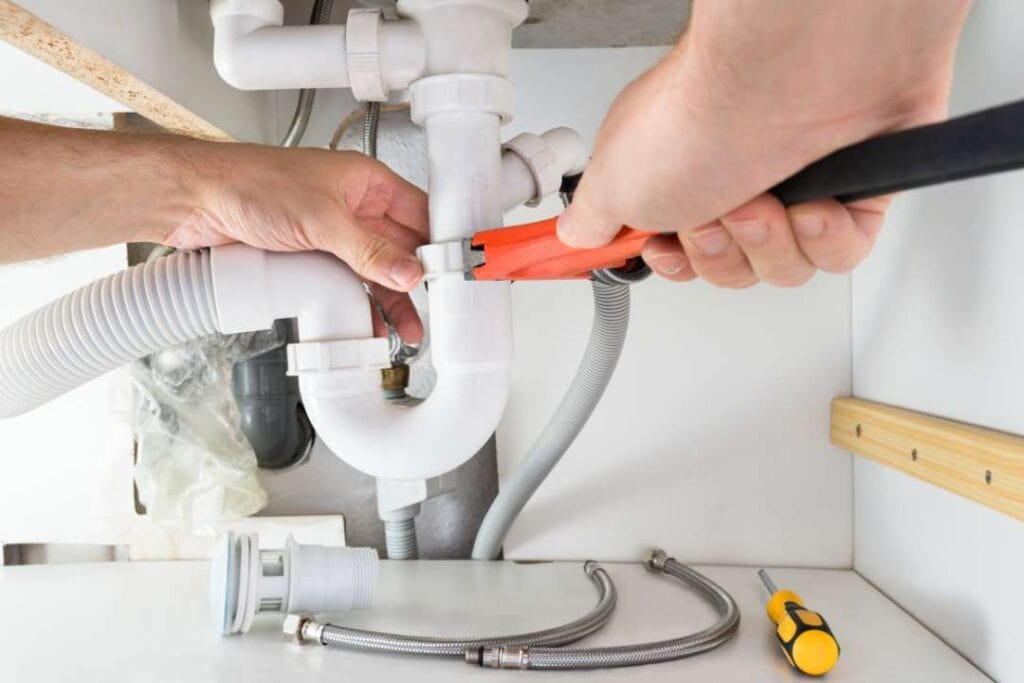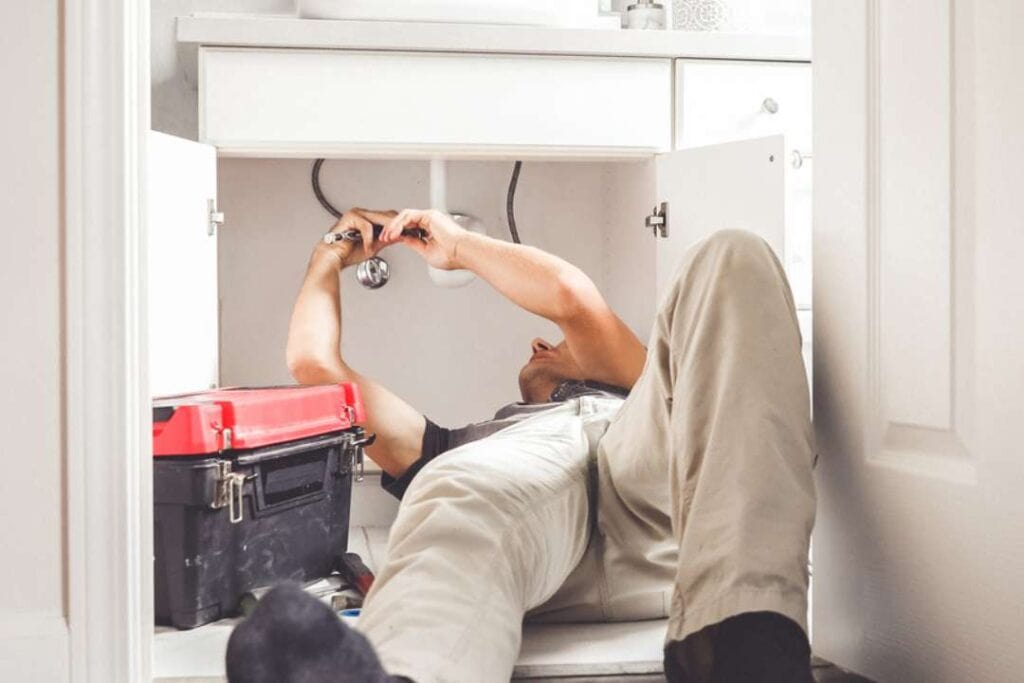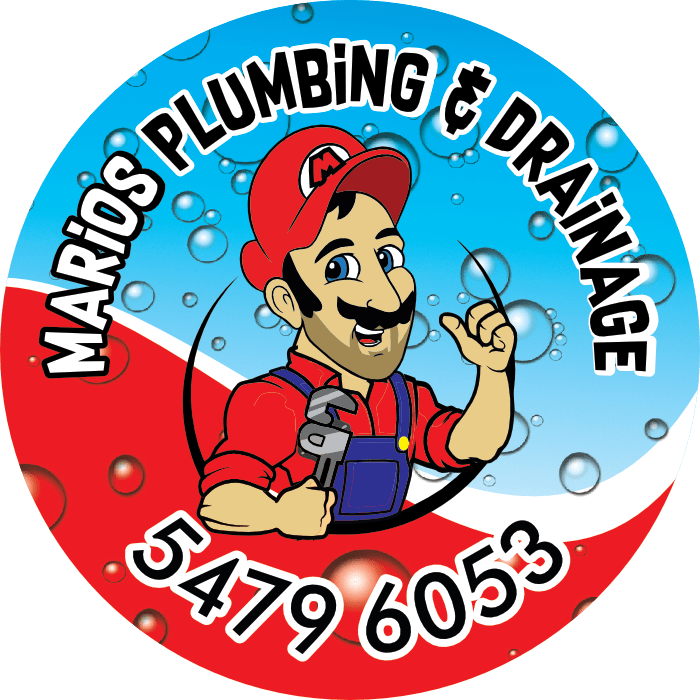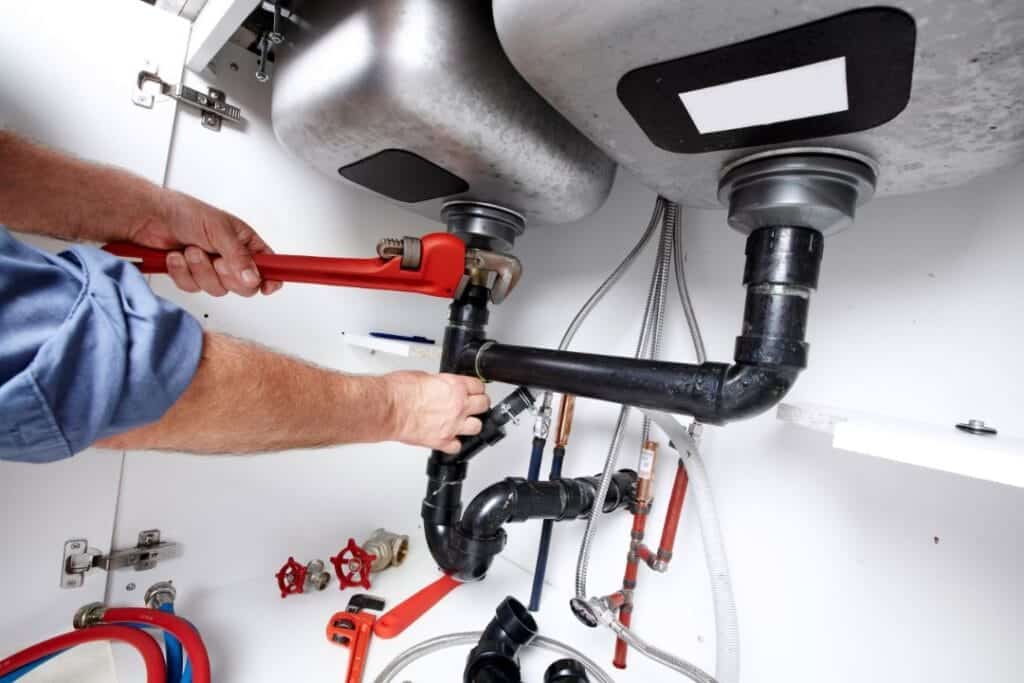Dealing with a blocked drain can be a stressful and inconvenient situation for any homeowner. When faced with such an emergency, knowing the right steps to take can make a significant difference in resolving the issue quickly and effectively. Whether it’s a clogged sink, toilet, or shower drain, acting promptly can prevent further damage and restore normalcy to your home. Firstly, assess the severity of the blockage. Determine if it’s localized to one fixture or affecting multiple drains, as this can indicate the scale of the problem. Next, try using a plunger to clear minor blockages, ensuring you have a tight seal around the drain to create sufficient suction. If plunging doesn’t work, refrain from using chemical drain cleaners, which can be harsh and ineffective, and instead consider using a drain snake or auger to physically remove the obstruction. In more complex cases or if these DIY methods fail, it may be prudent to contact a professional plumber who can offer expertise and specialized equipment to tackle the issue safely. By taking these initial steps, you can mitigate the impact of a blocked drain emergency and restore proper function to your plumbing system efficiently.
Immediate Actions to Take When You Have a Blocked Drain Emergency

Dealing with a blocked drain can be a stressful situation, especially if it happens unexpectedly. Whether it’s a clogged sink, shower, or toilet, taking immediate action can help prevent further damage and inconvenience. Here are eight steps you can take right away when faced with a blocked drain emergency:
Assess the Situation
Assessing the severity of a drain blockage involves several key steps to identify the affected drain and evaluate associated symptoms. Start by determining which drain is impacted, whether it’s in the kitchen, bathroom, or elsewhere in the house. Look for signs such as slow drainage, water backing up, or gurgling noises when other fixtures are used. These symptoms can indicate the extent and location of the blockage within the plumbing system. Observing these details is crucial as it helps in planning the appropriate next steps for clearing the blockage effectively and preventing further plumbing issues.
Stop Using Water
To prevent overflow or exacerbation of a blockage, it’s crucial to immediately refrain from using any water fixtures connected to the affected drain. This includes sinks, showers, toilets, and washing machines. Continuing to use these fixtures could lead to water backing up and potentially causing flooding or further damage. By halting water usage, you mitigate the risk of overflow and give yourself time to assess the situation or seek professional help to resolve the blockage safely and effectively. Taking this proactive step can help prevent costly repairs and inconvenience associated with plumbing emergencies.
Safety First
Put on rubber gloves to protect your hands from potential contaminants or debris when dealing with the blockage. If there’s any standing water, use a mop or towels to clean it up to avoid slips and falls.
Attempt Gentle Unclogging Methods
Start with gentle unclogging methods such as using a plunger. For sinks, ensure there’s enough water to cover the plunger’s head and create a tight seal around the drain. For toilets, ensure the plunger is designed for toilets and use firm but controlled plunges.
Use a Drain Cleaner (if appropriate)
If you have a drain cleaner specifically formulated for the type of blockage (e.g., for hair, grease, or general clogs), follow the manufacturer’s instructions carefully. Avoid using chemical drain cleaners if you’ve already attempted plunging, as mixing chemicals can be hazardous.
When to Call a Professional for a Blocked Drain

Dealing with a blocked drain can often be managed with DIY methods, but there are times when it’s best to call in a professional plumber. Knowing when to seek expert help can save you time, prevent further damage, and ensure the problem is resolved correctly. Here are eight signs that indicate it’s time to call a professional for a blocked drain:
Persistent Blockage
If you’ve tried multiple DIY methods such as plunging, using drain cleaners, or removing visible debris without success, it’s a clear sign that the blockage may be more stubborn or located deeper within the plumbing system.
Multiple Blocked Drains
When more than one drain in your home is affected simultaneously, especially if they are on different floors or sections of the house, it could indicate a larger issue within the main sewer line. This often requires professional equipment and expertise to diagnose and fix.
Foul Odors
Persistent foul odors emanating from drains, particularly sewage-like smells, suggest a serious blockage or potentially a problem deeper in the sewer line that needs professional attention.
Flooding or Water Backup
If water is backing up into sinks, showers, or toilets, or if you notice flooding around drains, it indicates a significant blockage or even a sewer line collapse. Immediate professional intervention is necessary to prevent extensive water damage.
Gurgling Noises
Unusual gurgling or bubbling sounds coming from drains can indicate air pockets forming due to blockages or improper venting in the plumbing system. This can lead to further complications if not addressed promptly by a professional.
Preventive Measures to Avoid Future Drain Emergencies
Preventing drain emergencies is key to maintaining a smoothly functioning plumbing system and avoiding costly repairs. Here are essential preventive measures you can take:
- Regular Maintenance: Schedule routine inspections and maintenance with a plumber to identify and address potential issues before they escalate.
- Use Drain Guards: Install drain guards or screens in sinks, showers, and tubs to catch hair, food particles, and other debris that can cause blockages.
- Mind What Goes Down: Avoid pouring grease, oil, coffee grounds, and food scraps down drains. Dispose of them properly to prevent buildup.
- Flush Responsibly: Only flush toilet paper and human waste. Avoid flushing items like wipes, feminine products, or cotton balls, which can cause blockages.
Conclusion
Encountering a blocked drain emergency can be stressful, but knowing the right steps to take can make all the difference. By following the outlined procedures, you can swiftly mitigate the issue and prevent further damage to your property. Remember, immediate action is crucial: start by assessing the severity of the blockage and determine whether you can safely attempt a DIY solution. If unsure, it’s always best to contact a professional service like Mario’s Plumbing and Drainage. Our team in Sunshine Coast, Queensland, Australia, is equipped with the expertise and tools to handle any drain emergency promptly and effectively. Whether it’s a minor clog or a major obstruction, our priority is restoring your plumbing to full functionality with minimal disruption to your daily routine.
For urgent assistance or to schedule a consultation, don’t hesitate to reach out to Mario’s Plumbing and Drainage at 07 5479 6053. We’re committed to providing reliable service and peace of mind to residents across the Sunshine Coast. Your satisfaction and the smooth operation of your plumbing system are our top priorities. Let us help you resolve your drain issues swiftly and professionally.


